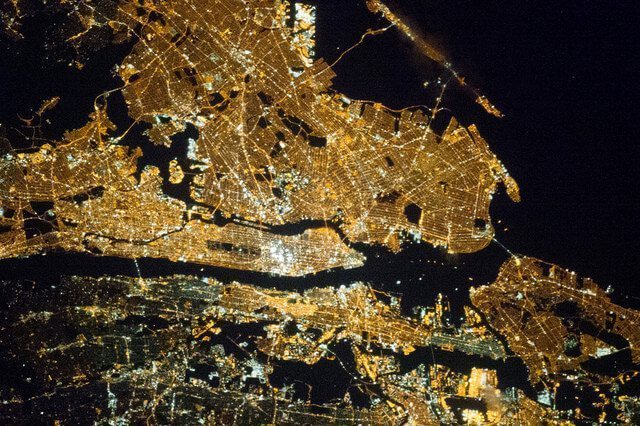New York Magazine recently wrote a fascinating piece on the influx of foreign money into the city’s real estate. There are many enticing, juicy tidbits in the article, but there are also important takeaways for both local buyers and sellers.
After the real estate crash in 2008, foreign buyers came into the market with cash offers. These were exciting times, and developers were anxious to unload inventory. Foreign buyers, with economies in much better shape than ours, along with a stronger currency, were able to make purchases at bargain basement prices.
Although many of the bargains have disappeared, international buyers retain their interest in the city’s real estate. It appears they still believe healthy returns are available. New York also has less expensive real estate compared to other world cities such as London, Hong Kong, and Monaco. Also, the political climate is more favorable, with other cities enacting taxes to discourage foreign purchases. The article mentions a more sinister reason, such as being able to hide money, although we cannot comment on whether this is true or not.
Foreign investment in U.S. real estate totaled $50 billion in 2012, according to the Congressional Research Service. PropertyShark estimates that about 30% of condo sales in large Manhattan developments were made by foreign buyers since 2008. Corcoran Sunshine, a seller of luxury properties, estimated that 35% of sales since 2013 have been to international buyers, with half coming from Asia.
This story stated purchasers from China become the biggest source of foreign purchases of apartments in Manhattan. Interestingly, the country took the top spot from Russia, which is dealing with the fallout from its actions in Ukraine and the potential for future sanctions.
Moreover, New York City real estate is no longer merely for the ultra-rich. This has significant implications for buyers and sellers. First, there is increased demand coming at a time when the city’s inventory has become scarcer. Second, domestic buyers are competing with all-cash buyers. If these properties are going to be used as rental properties for foreign buyers, it may be a more natural closing process for the seller. Investors probably have their construction crew to do the work, and may even seek a significant overhaul of the property.
The current tide will not last forever. Everyone is now well aware that real estate goes through cycles. Nonetheless, foreign investment is having an influence on Manhattan real estate, although the degree of the impact is debatable. However, factors such as global political events or a drastic shift in worldwide economic growth can change the landscape. At the current moment, it appears to be helping to raise the overall demand for the city’s real estate.

